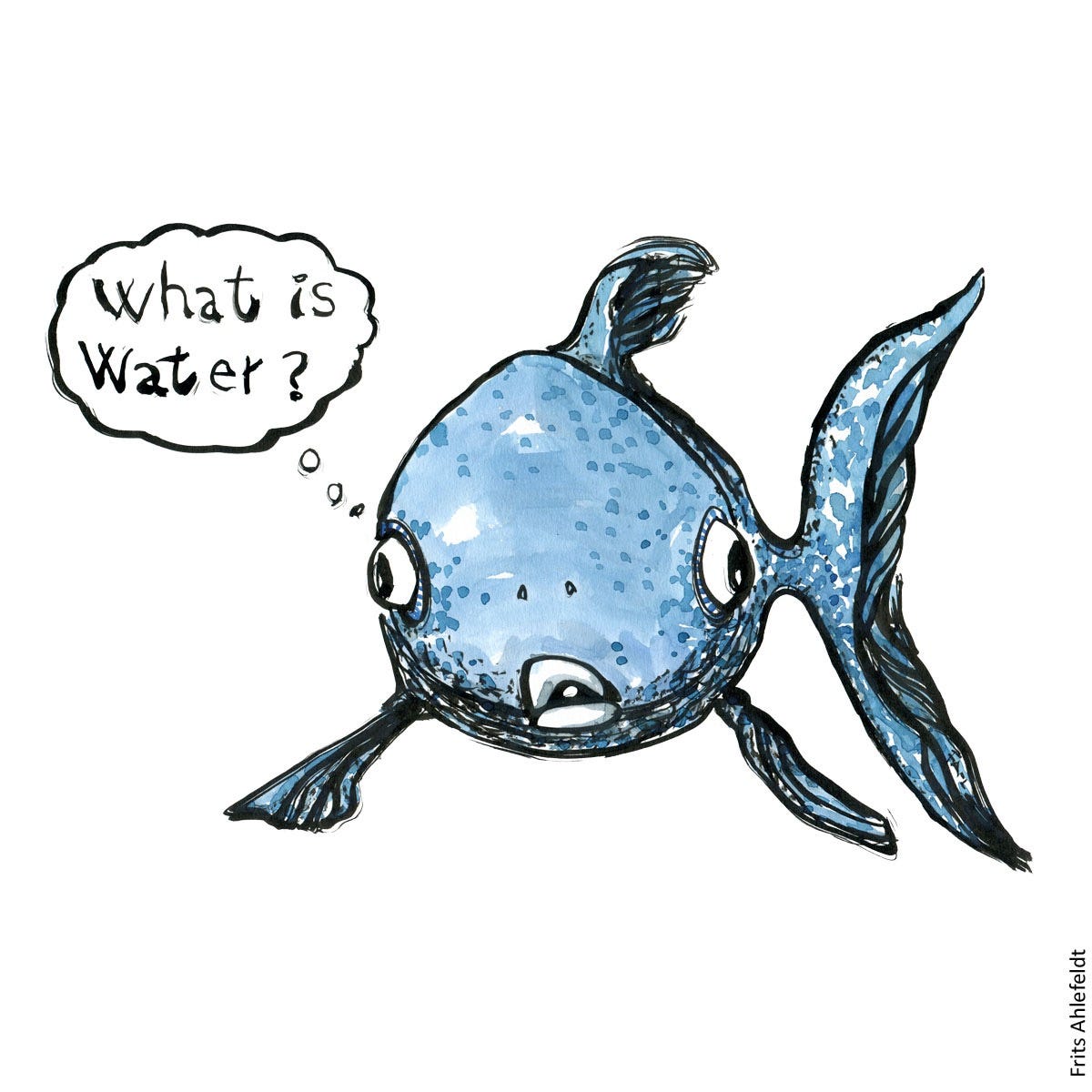About Cybernetics – Prelude
What Cybernetics Is & Why It Matters
This post is the first in my series About Cybernetics – What It Is & Why It Matters.
The subsequent posts are:
This series of posts is mostly historical. If you want to jump ahead to learn how to apply management cybernetics to real-world issues, Designing Freedom – 1 is a good place to start.
The above image is typical of what comes up when people think of words beginning with cyber – which is strange, because it has nothing to do with what this really means.
All the words that begin with cyber originate from the term cybernetics.
What is Cybernetics?
Cybernetics is the Science of Effective Organisation. The name was coined in 1947 by Norbert Wiener, derived from the Greek term kybernētēs (κυβερνήτης) which means steersman or governor.
During the Second World War, Wiener had worked on radar-controlled anti-aircraft gunnery.He had devised a method of using feedback from the radar, identifying where the target aircraft was and its speed & direction, to co-ordinate the movement of the gun to shoot down the aircraft, taking into account the speed at which the bullets would travel.
Wiener was fully aware that the control system would have to work on the same principles as how we coordinate our physical movements when we fire an arrow at a moving target. In fact, he had worked out how to make this work in collaboration with a physiologist and an electronics engineer.
Once the war was over and military secrets began to be revealed, experts in a wide range of fields, mostly in the USA and the UK, including mathematicians, engineers, biologists, anthropologists, neurologists, and psychologists realised that there were common underlying principles to their work. They came together to understand these deep principles, and cybernetics was born.
Cybernetics is the foundation of a bewildering range of the features of our lives that have emerged since the Second World War.
These include:
Computers
Nuclear Weapons
The World Wide Web
Social Networks
Mobile Phones
Artificial Intelligence
Why Don’t We All Know About Cybernetics?
This cartoon captures nicely the answer to this question:

We are so immersed in cybernetics that we can’t see it – just as a fish is the worst expert on water. In fact, the only time a fish notices water is when it is polluted or no longer present.
Why Does This Matter?
It matters because an understanding of cybernetics can answer a lot of very pressing questions that we need to resolve if humanity it to survive and thrive:
Why do so many of our organisations work so badly?
Why do attempts to improve them often make them worse?
In particular, why are we devoting vast sums to our educational, health and social care systems, while the quality of the outcomes just seems to get worse?
Why is the global financial system so unstable?
Why do we, as individuals, struggle to achieve what we aspire to?
How can we do better?
I will also be addressing the mystery of why the likes of Sam Altman and Elon Musk claim they are close to achieving Artificial General Intelligence (AGI) when ChatGPT, Grok and their competitors are millions of times more power hungry than your brain is, and they don’t appear to be interested in why this is, or what could be done about it.
I know I am making bold claims here, but there is plenty of evidence that a proper application of cybernetics can vastly improve outcomes and solve what appear to be very complex problems, at any level, from the personal to the global.
Furthermore, I have been teaching carefully selected small groups How Organisations Really Work in a one-day course since 2016, so you don’t need to spend years studying to master the subject.
Where To Start?
In my next few posts, I will cover the history of cybernetics, from its foundations to the present day. I will explain how it was founded, the heights to which its influence grew, why it apparently vanished, and how its influence is now growing again.
Stay tuned for the next exciting episode of About Cybernetics….



